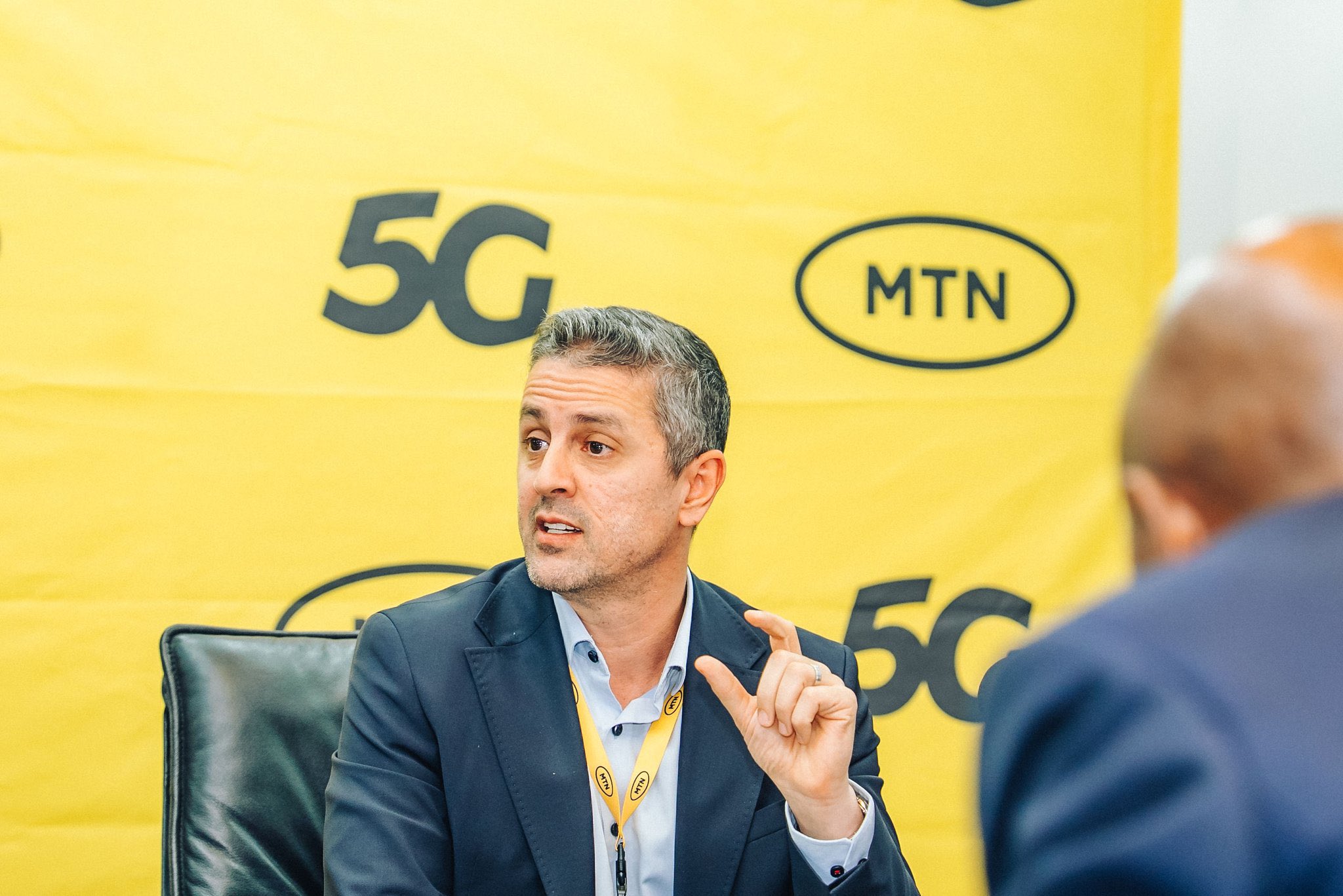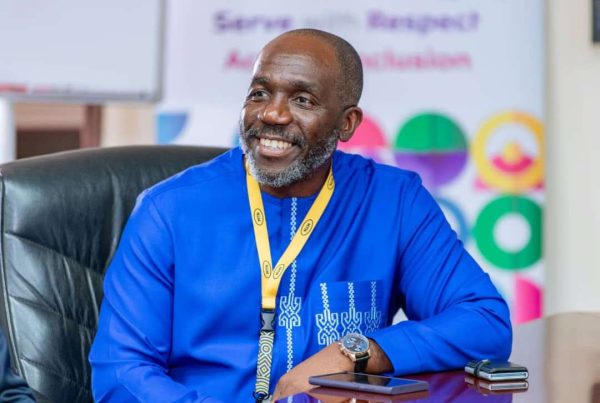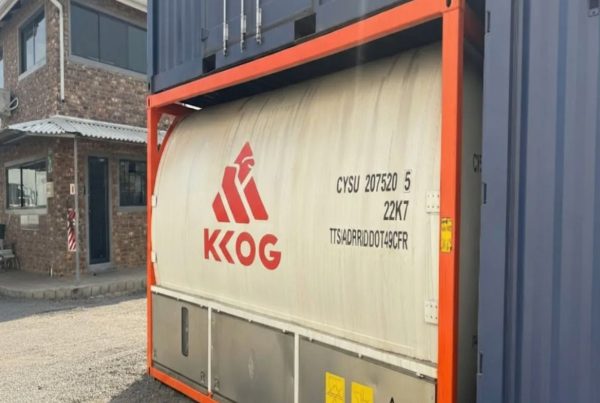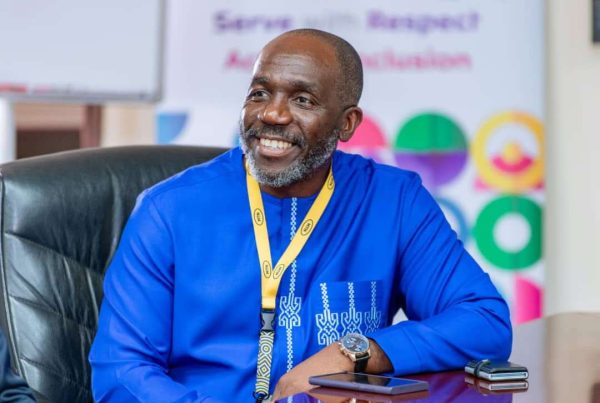MTN Rwanda has officially launched its 5G network, marking a major milestone in the country’s digital roadmap with plans to scale access to industrial, healthcare, and educational applications. The rollout, which began in mid-May with a pilot in Kigali Heights, is now commercially available in several sectors of the capital, with nationwide expansion set to follow in “a swift and strategic” manner, according to Chief Executive Officer Monzer Ali.
“The journey has started,” Ali said during the official launch event in Kigali. “We have started from Kigali, and we are going to expand outside Kigali. 5G is a catalyst for innovation, economic empowerment, and more importantly, national digital transformation.”
While smartphone penetration and device compatibility remain limited, Ali emphasized that MTN’s 5G deployment is focused not on mass-market mobile data but rather on unlocking high-value industrial use cases, including smart agriculture, remote healthcare, virtual education, and home broadband.
“5G is beyond a consumer internet experience. It will enable breakthrough industrial use cases, from telemedicine and smart metering to crop monitoring and AI-driven services,” he said. “For example, a doctor in Rwanda could perform surgery on a patient abroad thanks to ultra-low latency.”
Ali downplayed concerns over capital expenditure burden, stating the company’s 5G architecture relies on “smart CAPEX deployment” with minimal impact on margins.
“There will be no major impact on the bottom line. On the contrary, 5G should improve our top line,” he said, citing new revenue streams in sectors such as Rwanda’s MICE industry, which depends on high-speed, seamless connectivity for hybrid conferences and virtual collaboration.
MTN Rwanda has not disclosed the exact investment amount in its 5G infrastructure. However, Ali confirmed that the cost structure has been designed to maximize return on investment through strategic phasing and a focus on high-demand zones like education centers and innovation hubs.
Ali credited the government for enabling an innovation-friendly regulatory environment. “None of this would have been possible without the support of our partners,” he said. “I want to extend our sincere appreciation to the Ministry of ICT and Innovation and RURA for fostering a future-ready infrastructure.”
Rwanda becomes one of the few countries in Sub-Saharan Africa with operational 5G services, a move aimed at ensuring the nation is not left behind in the next wave of digital evolution. “Digital evolution is not linear. We don’t want to wait five or ten more years,” Ali said. “Together, we are building a digitally empowered Rwanda and this is just the beginning.”





